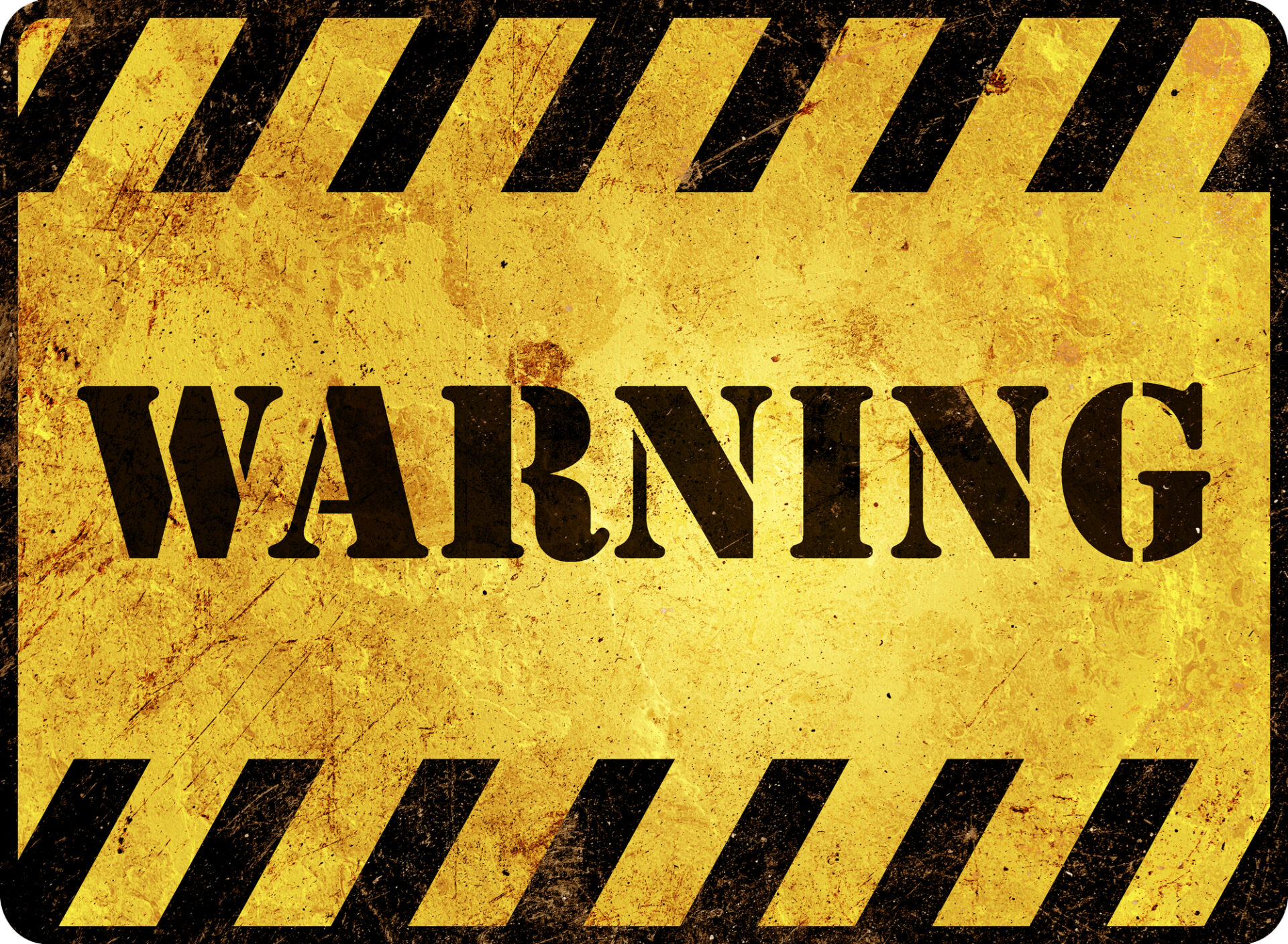Five Important Warning Signs to Look Out for After A Car Accident
November 29, 2021

Some injuries may not show symptoms right away after a car accident. Some symptoms can be delayed and take up to a few days or hours to manifest. It is important that you know which signs to watch out for. These are five warning signs you should look for following a car accident.
Dizziness and Nausea
Many serious medical conditions can cause dizziness. This could be a sign of brain damage or internal bleeding. If left untreated, these conditions can prove fatal. Dizziness and nausea can be caused by dizziness, or a symptom of another medical condition. If you feel dizziness or nausea following a car accident, consult a qualified physician.
Confusion and disorientation
Concussion and traumatic brain injuries (TBI) can also cause confusion and disorientation. Ask your friends and family to share any changes they see. It is important to consult a doctor immediately if you become incoherent or have trouble forming thoughts or speaking in a coherent manner.
Unexplained Bleeding
After a car accident, there are many parts of your body that could be affected by bleeding. Bleeding to the nose, head, eyes, ears or mouth is concerning as it could indicate brain bleeding. It is possible to have internal bleeding if you see blood in your stool or urine. Undiagnosed bleeding should be reported to a doctor immediately. If severe bleeding is accompanied with dizziness, it can lead to dizziness.
Tingling or Numbness
Internal bleeding can cause numbness and tingling. The body will divert blood flow from the extremities in order to keep enough blood supply for vital organs. Tingling can occur in the legs and arms. Nerve damage can also cause tingling and numbness. Both internal bleeding and nerve damage can be serious. Your prognosis will improve if you seek medical attention as soon as possible.
Stiffness or pain in the neck
Whiplash is common in car accidents, especially if you were struck from behind. It is not something you should ignore. Stiffness in your neck could also indicate a more serious condition such as broken vertebrae and spinal cord damage. Any symptoms that you feel in the vital neck area should be addressed by a doctor.
